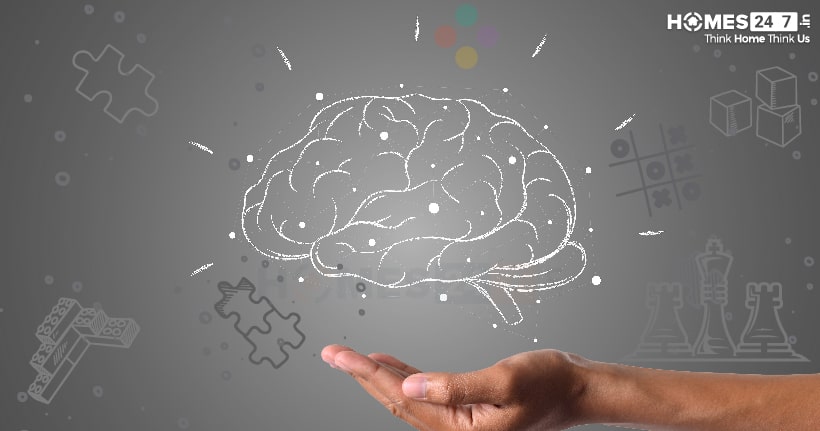Puzzle games have become increasingly popular across all age groups, offering not only entertainment but also a range of cognitive and emotional benefits. Whether played on a mobile device, computer, or board game, these engaging challenges can enhance various skills and improve overall well-being. Here are some key benefits of puzzle games:
1. Enhanced Problem-Solving Skills
Puzzle games often require players to think critically and devise strategies to solve challenges. This process fosters problem-solving skills that can be applied to real-life situations, enabling individuals to approach obstacles with a more analytical mindset.
2. Improved Memory
Many puzzle games involve remembering patterns, sequences, or locations, which can significantly improve short-term and long-term memory. Regularly engaging in these activities stimulates the brain and enhances cognitive functions related to memory retention.
3. Boosted Cognitive Function
Puzzle games stimulate different areas of the brain, promoting cognitive flexibility and reasoning abilities. They challenge players to think outside the box and consider multiple perspectives, enhancing overall brain function.
4. Stress Relief and Relaxation
Engaging in puzzle games can provide a form of escape from daily stressors. The focus required to solve puzzles allows players to immerse themselves in the task at hand, promoting relaxation and reducing anxiety levels. This mental break can be incredibly beneficial for overall mental health.
5. Increased Focus and Concentration
Many puzzle games require sustained attention to detail, improving concentration skills. As players work to complete puzzles, they learn to block out distractions and maintain focus, skills that can be transferred to other areas of life.
6. Social Interaction and Teamwork
Many puzzle games can be played collaboratively, fostering social interaction and teamwork. Whether it’s solving a jigsaw puzzle with family or participating in an online escape room with friends, these activities strengthen relationships and create shared experiences.
7. Enhanced Spatial Awareness
Certain types of puzzles, such as 3D puzzles or spatial reasoning games, improve spatial awareness and visualization skills. These skills are crucial for various everyday tasks and can benefit individuals in fields such as engineering, architecture, and design.
8. Sense of Accomplishment
Completing a challenging puzzle provides a sense of achievement and boosts self-esteem. This feeling of accomplishment can motivate individuals to take on new challenges and pursue other goals, both in gaming and in everyday life.
Getting Started with Puzzle Games
If you’re interested in incorporating puzzle games into your routine, here are a few tips:
- Choose the Right Type: Explore different types of puzzle games, such as crosswords, Sudoku, jigsaw puzzles, or logic puzzles, to find what you enjoy most.
- Set Aside Time: Dedicate time each week to engage in puzzle games, making it a regular part of your routine for cognitive benefits.
- Play with Others: Invite friends or family to join you in puzzle-solving activities for a fun and social experience.
- Mix It Up: Challenge yourself with various puzzle types and difficulty levels to keep your brain engaged and learning.
Conclusion
Puzzle games offer a multitude of benefits that extend beyond mere entertainment. From enhancing cognitive functions and problem-solving skills to providing stress relief and fostering social connections, these games play a valuable role in promoting mental health and well-being. So grab a puzzle and start unlocking the potential of your mind!
